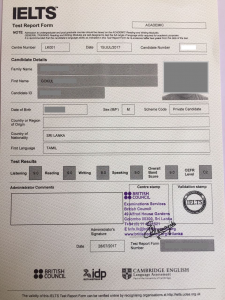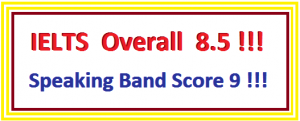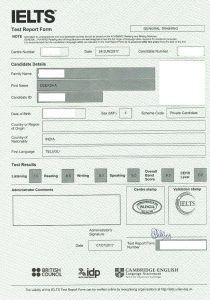Hi guys,
Many students ask me if their idea for topics in speaking part 2 is ok. I want to see how much you understand about choosing an idea for part 2 speaking.
Let me give you a current speaking part 2 topic: An Activity Near the Sea You have Done
Which of the following ideas can you use for this topic?
- Fishing
- Water-skiing
- Swimming
- Sunbathing
- Shopping
- Photography
- A lazy day near the sea
- A future holiday near the sea
Decide which of the above ideas is possible for the this topic.
Answers
Find out how to use these ideas: How to use Ideas for Speaking Part 2: Activity near the Sea
This page: Ideas, will show you how to use ideas, a model band score 9 answer and vocbaulary.








